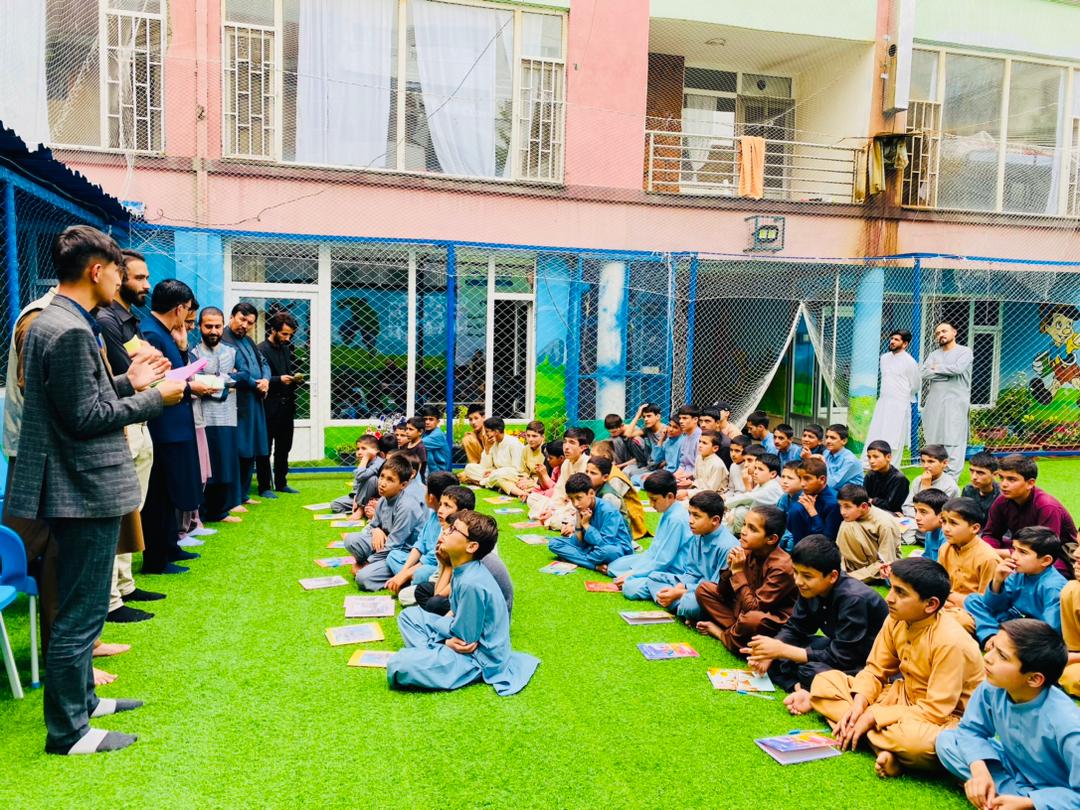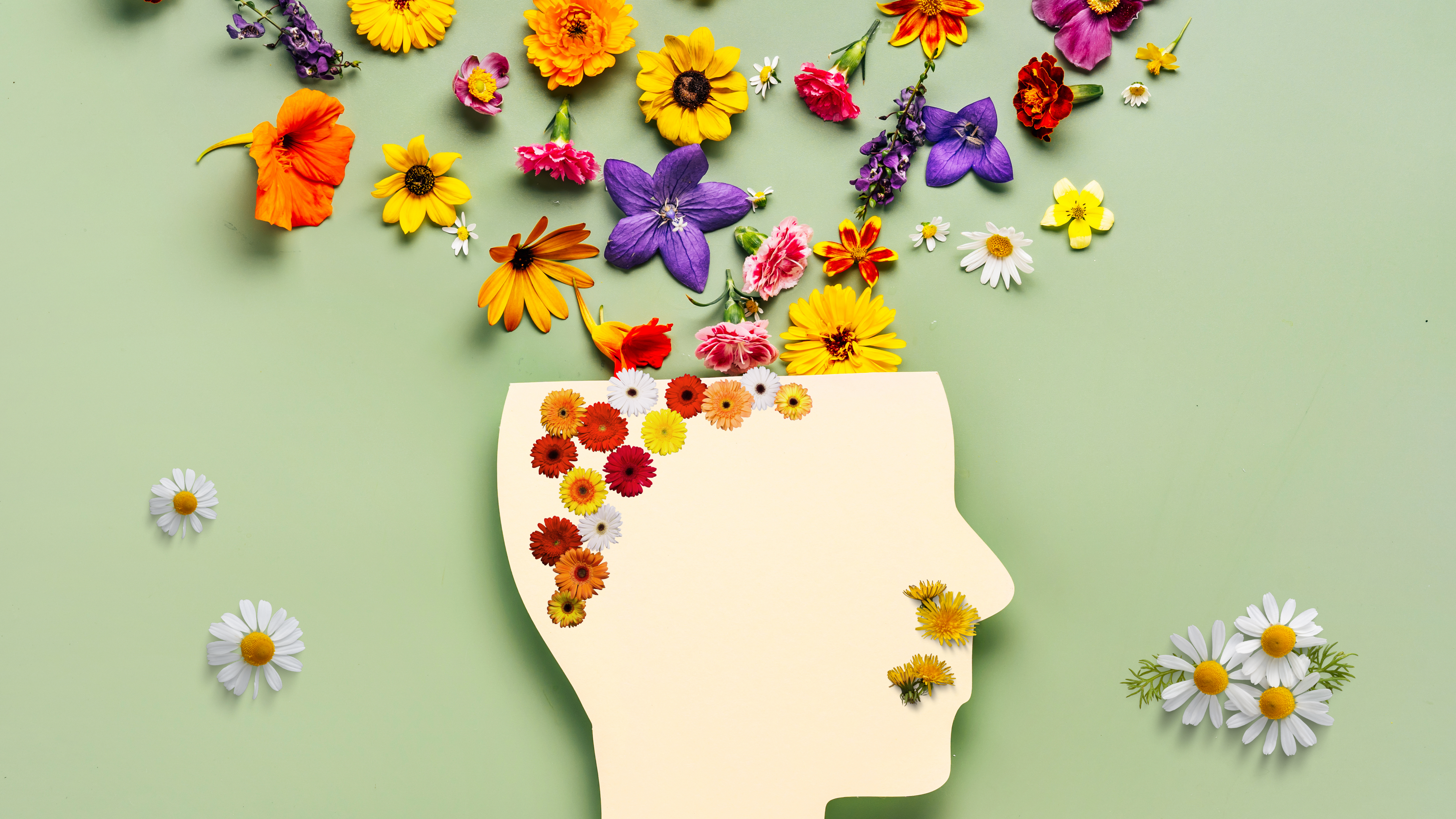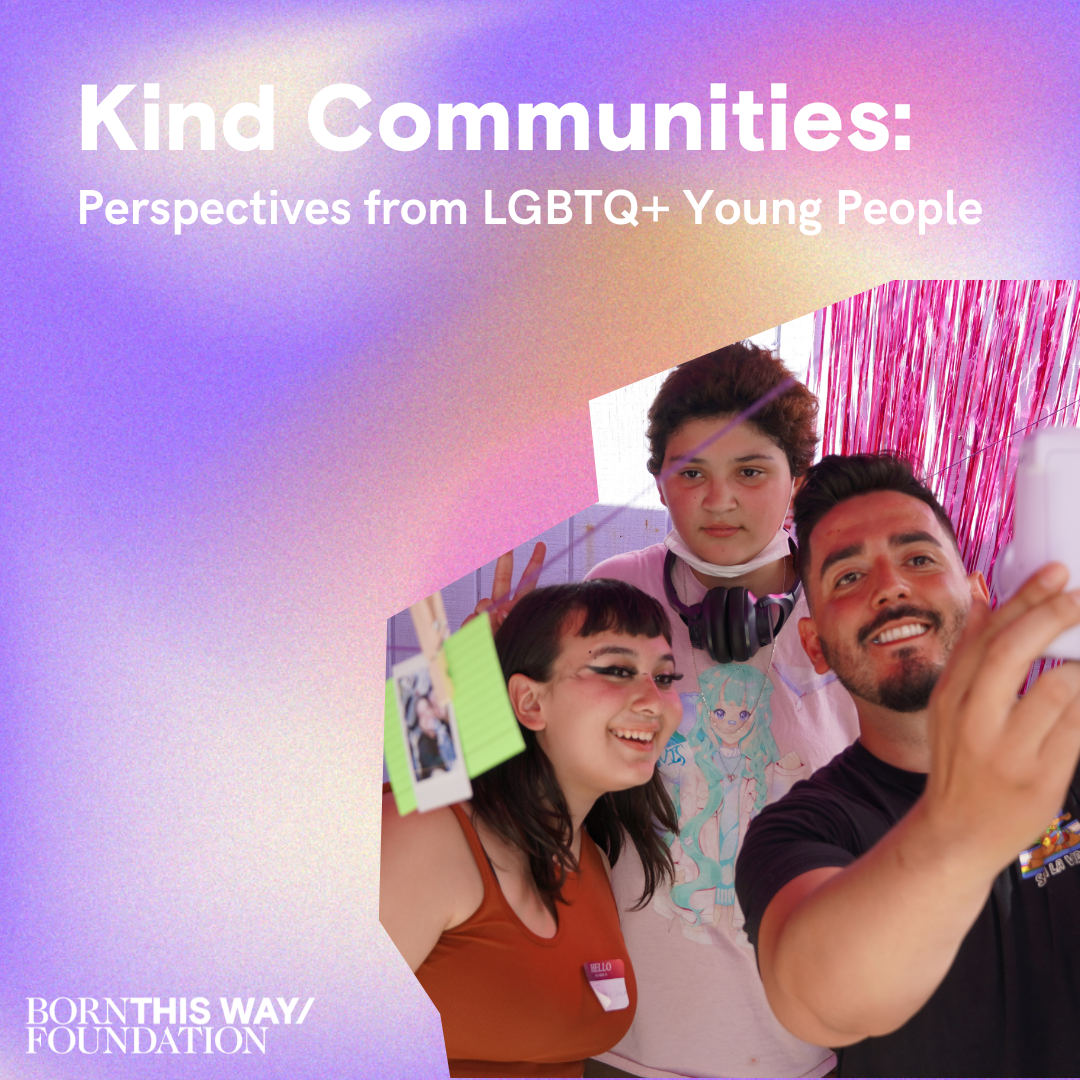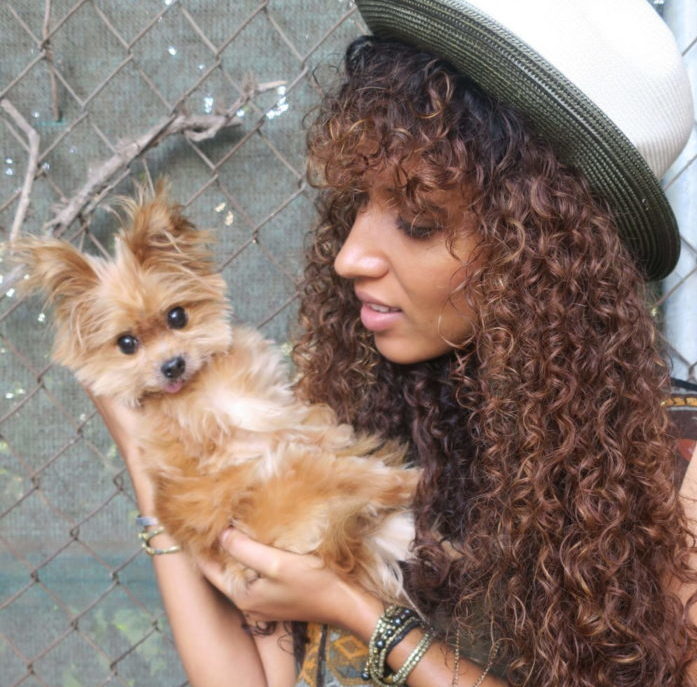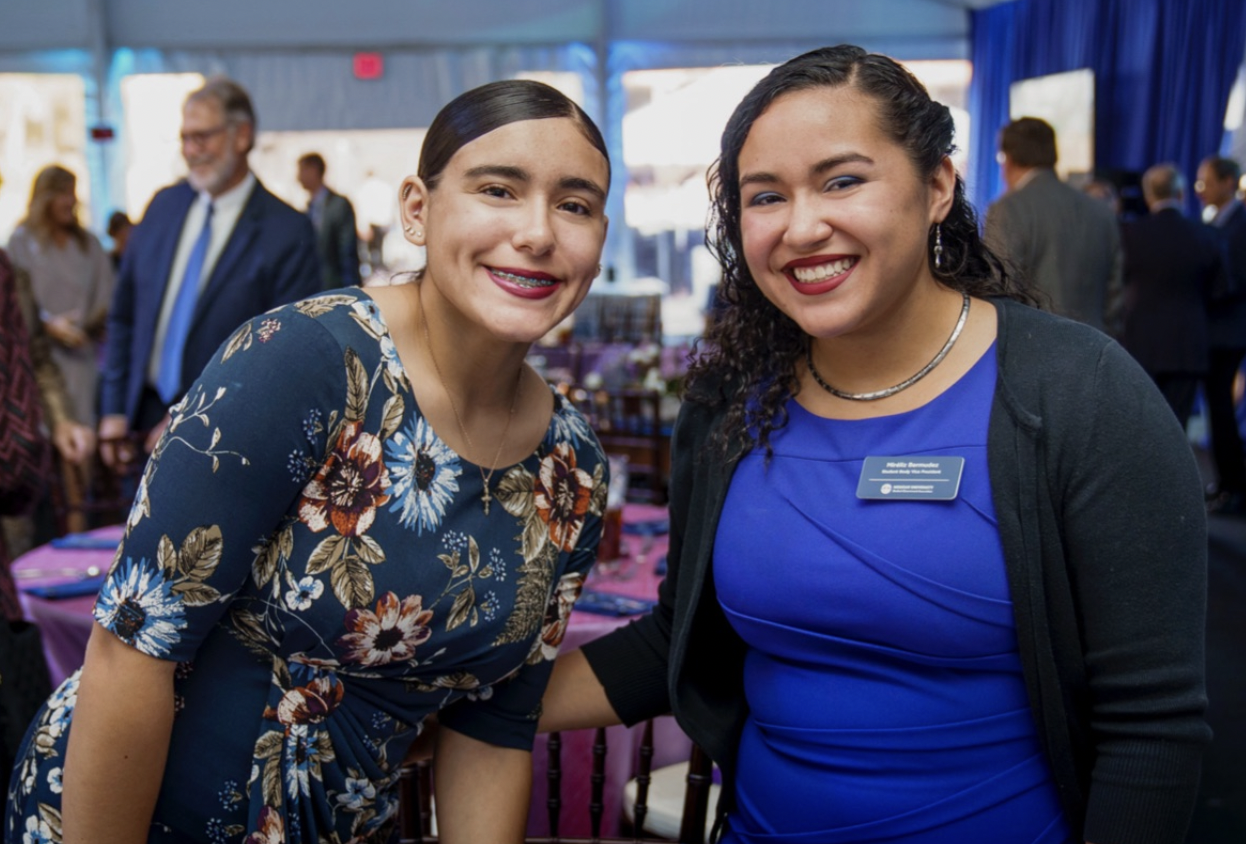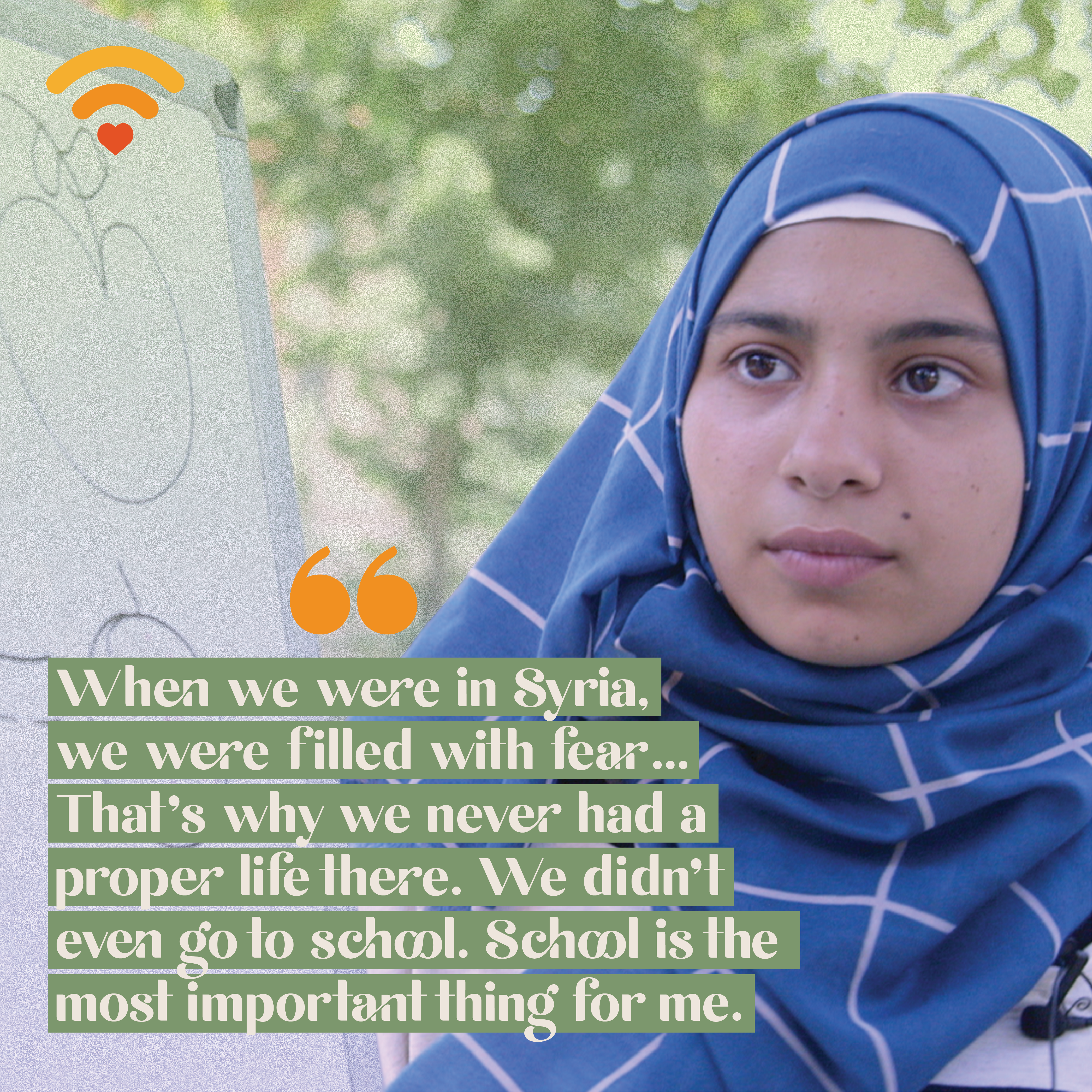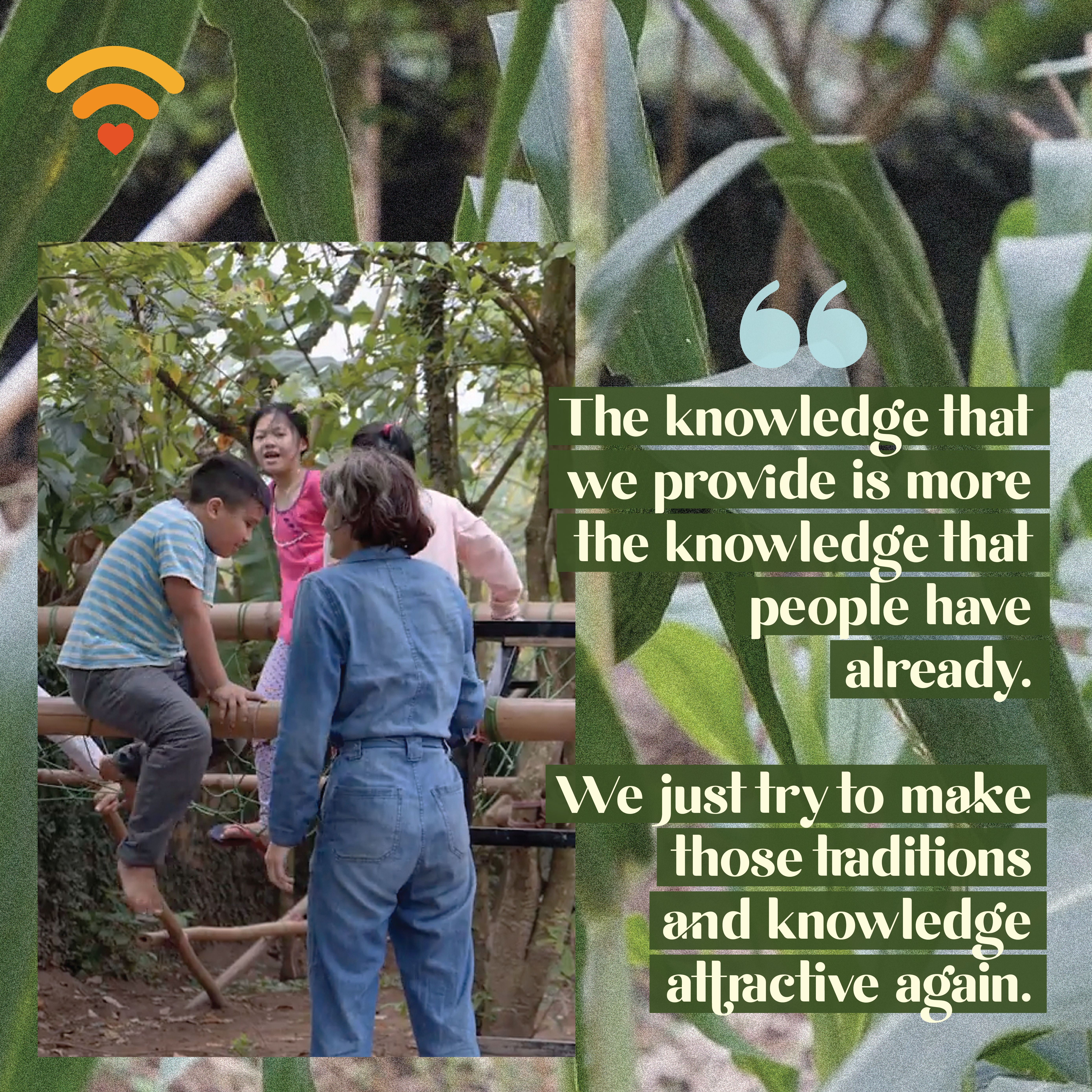“Ms. C, my hair is so ugly,” my student said, her voice trembling. I watched as tears filled her eyes, spilling over and cascading down her cheeks. She began crying hysterically, sharing how she had been bullied for a long time. Her bullies made her believe her beautiful 4C coils were ugly. She felt that everyone else had “good hair” while she was left with hair that wasn’t as good. As she poured out her pain, other students joined in, revealing their own struggles with self-esteem. They spoke about how they only felt pretty when their hair was “done,” defining “done” as pressed or braided in an aesthetically pleasing way.
At that moment, I knew I had to act. I gently lifted her chin, looking into her eyes with sincerity. “You are so beautiful,” I told her, “and so is your hair.” I spoke life into her, encouraging her to prioritize her feelings about herself over the negative opinions of others. I emphasized the importance of self-love and self-acceptance, reassuring her that her natural hair was not only beautiful but also a unique part of her identity. As I expressed, the other girls listened, their eyes wide with hope and curiosity.
Realizing that this issue extended beyond just one student, I decided to take further action. As the social work supervisor, I organized a workshop focused on self-esteem, particularly tailored for several Black girls in the school who felt like underdogs. These were girls who were often overlooked, not given their flowers, and not reminded of their inherent beauty and greatness. The workshop aimed to empower them, helping them to see and appreciate their natural beauty and to build resilience against the harmful comments they faced.
During the workshop, we engaged in activities that celebrated their unique features and discussed the importance of self-love. We shared stories, offered each other words of encouragement, and created a supportive community where every girl felt valued and seen. By the end of the session, there was a noticeable change in their demeanor; they stood a little taller, smiled a little brighter, and spoke with more confidence. This act of kindness not only helped them see their own beauty but also fostered a sense of solidarity and mutual support among them.
This act of kindness was more than a momentary gesture; it was a bridge that connected these young girls to a deeper understanding of their worth and beauty. By acknowledging their struggles and affirming their unique identities, we created a space where they felt seen, heard, and valued. Black girls often face societal pressures and biases that undermine their self-esteem and sense of belonging. Through random acts of kindness and intentional efforts like these workshops, we can begin to dismantle those harmful narratives and build a community that celebrates and uplifts them. These moments of recognition and support are crucial and I encourage others to engage in similar acts of kindness, as they help to bridge the gaps in understanding and acceptance, fostering a more inclusive and compassionate environment where every girl knows she is beautiful, strong, and deserving of love.











